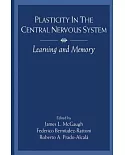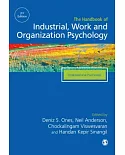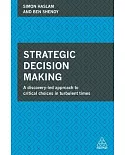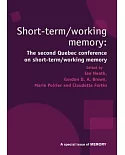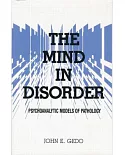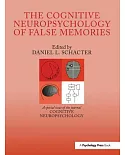Employee selection remains an integral role of industrial/organizational psychology. Modern demands on organizations have required adaptations on the part of those responsible for selection
programs, and researchers in evaluating the impact of these adaptations as well as their implications for how we view human potential. Many of these developments (web-based assessments, social
networking, globalization of organizations, for example) determine in great part the content and focus of many of the chapters in this book.
The Oxford Handbook of Personnel Assessment and Selection is organized into seven parts: (1) historical and social context of the field of assessment and selection; (2) research
strategies; (3) individual difference constructs that underlie effective performance; (4) measures of predictor constructs; (5) employee performance and outcome assessment; (6) societal and
organizational constraints on selection practice; and (7) implementation and sustainability of selection systems. While providing a comprehensive review of current research and practice, the
purpose of the volume is to provide an up-to-date profile of each of the areas addressed and highlight current questions that deserve additional attention from researchers and practitioners.
This compendium is essential reading for industrial/organizational psychologists and human resource managers.





